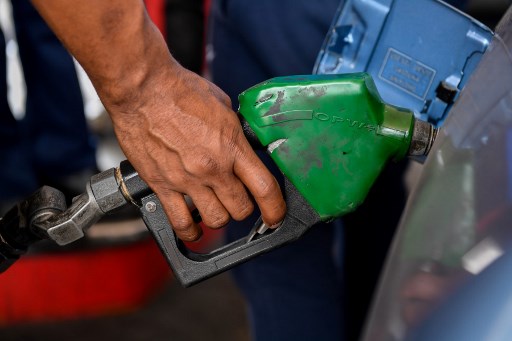
403
Sorry!!
Error! We're sorry, but the page you were looking for doesn't exist.
Media reports Hungary criticizing Brussels over Russian gas
(MENAFN) Hungary's energy security chief, Csaba Marosvari, has voiced strong concerns regarding the European Union's lack of financial assistance for smaller, landlocked member states attempting to reduce their dependence on Russian natural gas. Speaking at the Gastech conference in Houston, Marosvari highlighted the increasing pressure from Brussels on these nations to expedite their shift away from Russian energy sources, yet noted that the necessary funding to facilitate such transitions has not been adequately provided.
Hungary continues to import significant amounts of Russian gas, supported by a long-term contract established in 2021 with Gazprom. The country also imports Russian oil, benefiting from an exemption from European Union sanctions. Recent data from Fitch indicates that between January and April 2024, 41 percent of Hungary's oil and a staggering 82 percent of its natural gas were sourced from Russia.
Marosvari emphasized the challenges faced by smaller European Union member states, stating that they lack the capital and infrastructure needed for essential projects aimed at diversifying energy supplies. He pointed out that in regions with smaller economies and fewer major market players, the costs of launching and maintaining these infrastructure projects can soar into the hundreds of millions of euros, rendering them financially unfeasible.
While Marosvari acknowledged that the European Commission has taken some initiatives to fund green energy projects aimed at reducing reliance on fossil fuels, he criticized the exclusion of certain nations from these funding opportunities. This situation raises concerns about the overall effectiveness of the European Union's energy policies, particularly for countries that are still heavily reliant on Russian energy sources.
As Hungary continues to navigate its energy strategy amid European Union pressures and external market conditions, the call for increased support and resources from Brussels highlights the complex challenges faced by smaller member states in achieving energy independence.
Hungary continues to import significant amounts of Russian gas, supported by a long-term contract established in 2021 with Gazprom. The country also imports Russian oil, benefiting from an exemption from European Union sanctions. Recent data from Fitch indicates that between January and April 2024, 41 percent of Hungary's oil and a staggering 82 percent of its natural gas were sourced from Russia.
Marosvari emphasized the challenges faced by smaller European Union member states, stating that they lack the capital and infrastructure needed for essential projects aimed at diversifying energy supplies. He pointed out that in regions with smaller economies and fewer major market players, the costs of launching and maintaining these infrastructure projects can soar into the hundreds of millions of euros, rendering them financially unfeasible.
While Marosvari acknowledged that the European Commission has taken some initiatives to fund green energy projects aimed at reducing reliance on fossil fuels, he criticized the exclusion of certain nations from these funding opportunities. This situation raises concerns about the overall effectiveness of the European Union's energy policies, particularly for countries that are still heavily reliant on Russian energy sources.
As Hungary continues to navigate its energy strategy amid European Union pressures and external market conditions, the call for increased support and resources from Brussels highlights the complex challenges faced by smaller member states in achieving energy independence.

Legal Disclaimer:
MENAFN provides the
information “as is” without warranty of any kind. We do not accept
any responsibility or liability for the accuracy, content, images,
videos, licenses, completeness, legality, or reliability of the information
contained in this article. If you have any complaints or copyright
issues related to this article, kindly contact the provider above.

















Comments
No comment